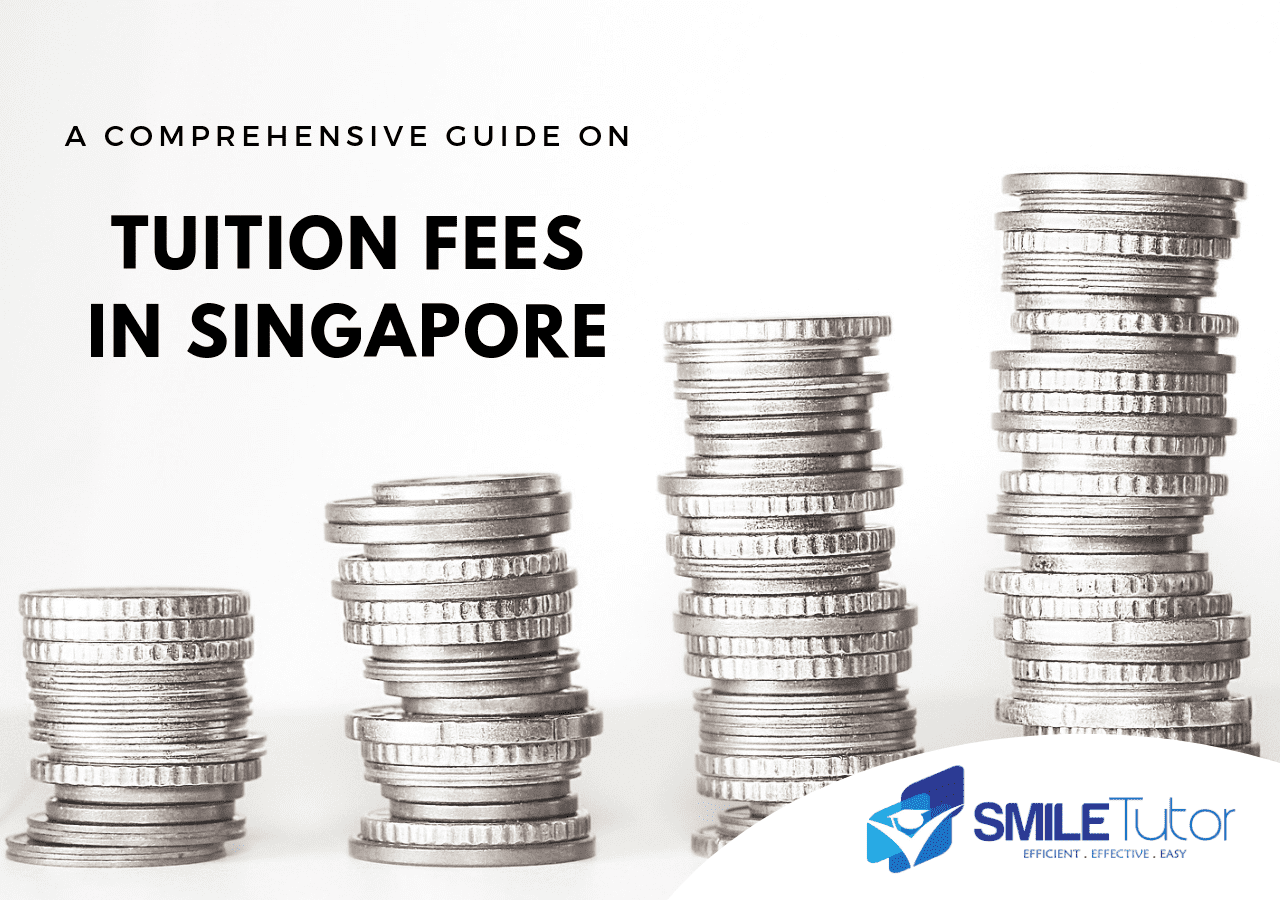
The cost of living in Singapore has been a hot topic in the news these days. The consensus is that rising costs are a worry among young couples, which ultimately impact their decision on having children.
Among the costs that they are concerned about would be the Singapore education cost. The cost of education has increased by 80.7% since 2000, averaging at 3% per year.
How much money do we need to send our children through the Singapore education system? From kindergarten school fees to Singapore university fees… everything adds up slowly.
To give a clear answer to this question, I’d like to break down the school fees in Singapore for you. As a Singaporean, this issue is very close to my heart. I hope that with this breakdown, parents will have a clear idea of how much they need to save for their children’s future.
If you’re an expat living in Singapore, please stay on this page too as I’ll also be covering the school fees in Singapore for foreign students below too.
Let’s get started, shall we?
Singapore nursery fees and kindergarten school fees
One of the earliest investment in education comes in the form of preschool fees. I’m specifically talking about nursery fees and kindergarten school fees, skipping things like infant care and playgroups.
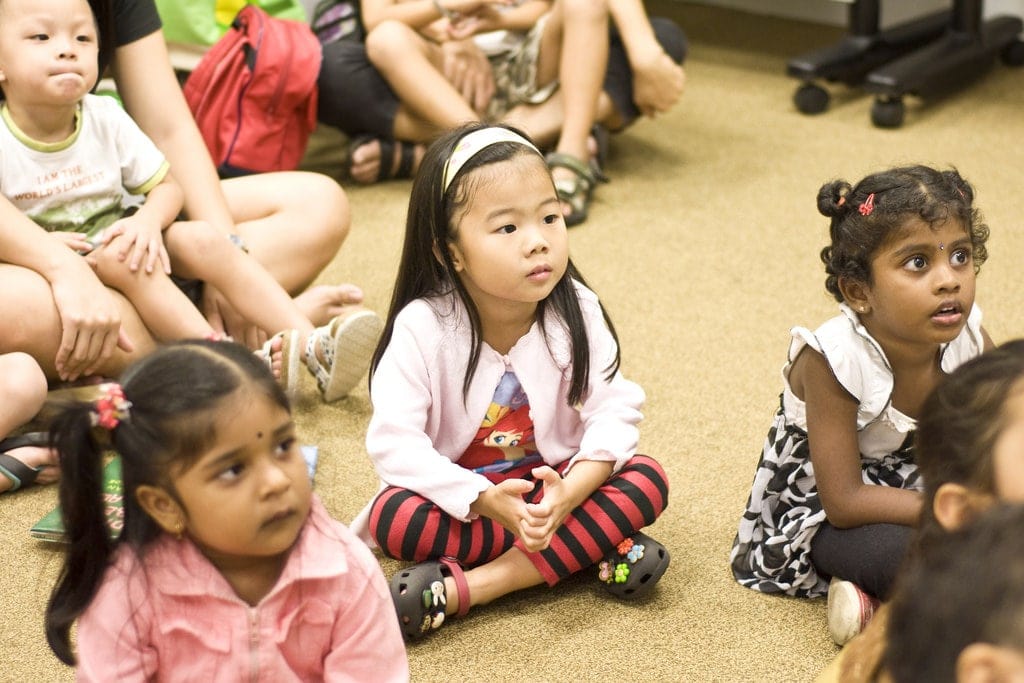
MOE kindergartens which are scattered around Singapore run four-hour programmes and they cost $160/month for Singaporeans and $320/month for children of Singapore permanent residents. Low-income families can receive a subsidy under the Kindergarten Fee Assistance Scheme (KiFAS), which brings down the kindergarten fees to as low as $1.60/month for those with a gross monthly household income of $2,500 and below.
There are also preschool anchor operators such as Sparkletots Preschool under the PAP Community Foundation and My First Skool which is the preschool arm of NTUC. With government grants and rental subsidies, both schools are able to offer affordable kindergarten school fees capped at $160/month. Children of foreigners and those on dependent passes can enter these schools.
Charging a higher preschool cost would be the huge range of private kindergartens that are regulated by the Ministry of Education. They are geared towards preparing students for local primary schools, but each comes with their special methods and curriculum. Their kindergarten school fees vary greatly. Montessori centres which run the famous Montessori-based curriculum can cost between $800 to over $2,000 a month.
Sidenote: Marsiling-Yew Tee GRC MP Ong Teng Koon has suggested charging $10 for pre-school education to subsidise the cost of raising children in Singapore – what do you think of this?
Singapore primary school fees
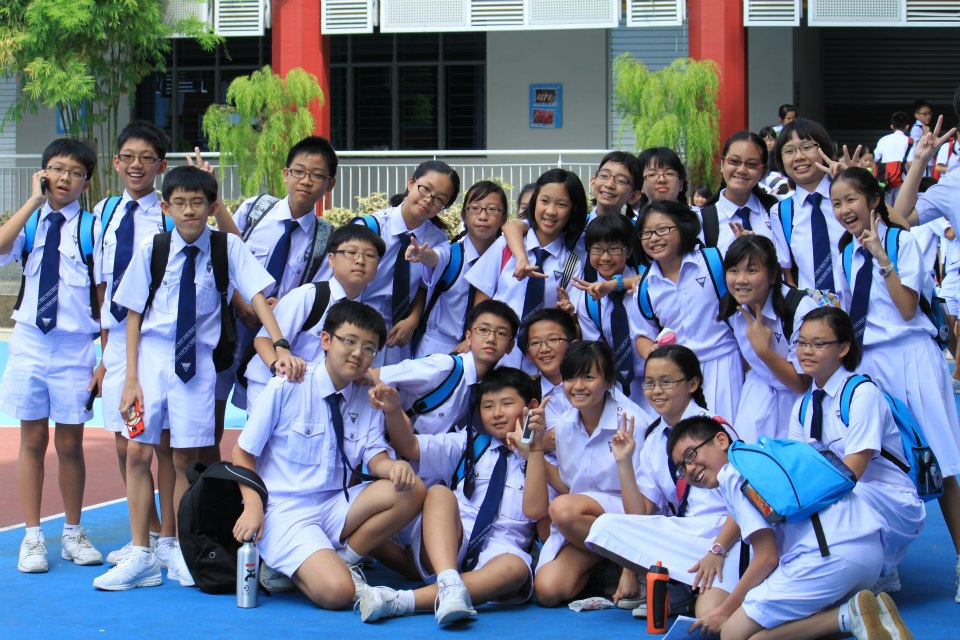
Next up would be the six years of Singapore primary school fees in Singapore’s public institutions.
Primary school fees for locals:
For Singapore citizens, primary school education is free! How great is this?
For a Singapore PR, it would be $180/month in 2019 and $205/month in 2020.
Primary school fees for foreigners:
In 2019, international students from ASEAN countries have to pay $440/month while international students from non-ASEAN countries have to pay $700/month. There will be hikes of $25/month for international students from ASEAN countries and $50/month for international students from non-ASEAN countries in 2020.
This is summarised in the table below:
| Status | Monthly school fees in 2019 | Monthly school fees in 2020 |
| Singapore citizens | Free | Free |
| Singapore PR | $180 | $205 |
| International students (ASEAN) | $440 | $465 |
| International students (non-ASEAN) | $700 | $750 |
Across all nationalities including Singaporeans, there would be miscellaneous fees of up to $13 per month.
Singapore secondary school fees
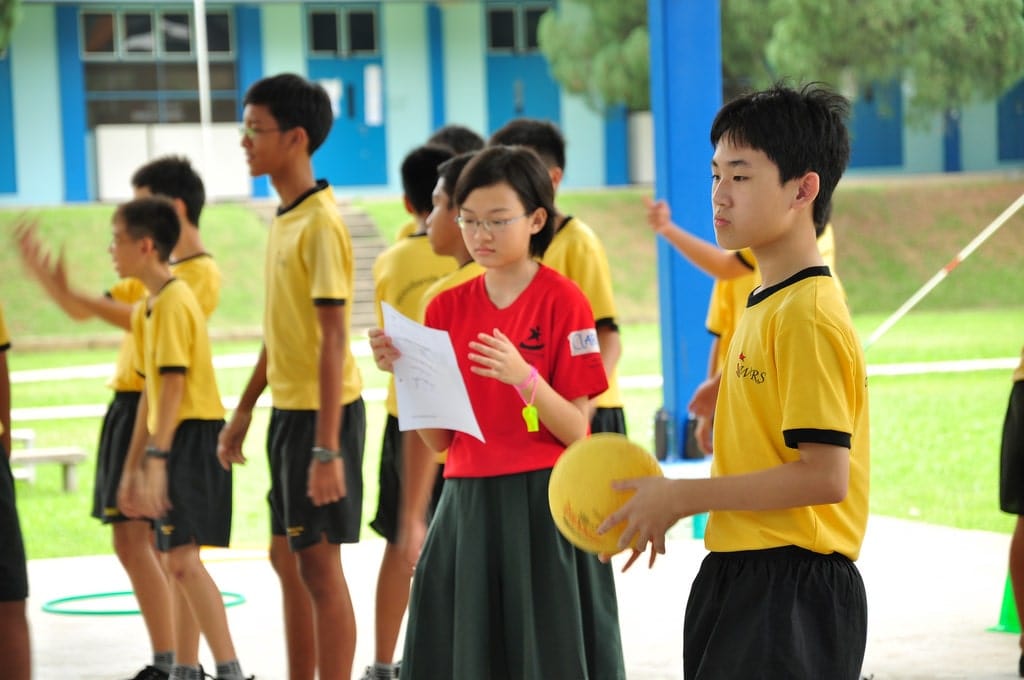
After primary school, parents need to be ready for the next four years of Singapore secondary school fees.
Secondary school fees for locals:
For Singapore citizens, public secondary schools cost $5/month.
For Singapore PR, it is $320/month in 2019 and $380/month in 2020.
Secondary school fees for foreigners:
Secondary school fees for international students from ASEAN countries and non-ASEAN countries cost $720/month and $1,250/month respectively. It will be increased by $60/month and $150/month in 2020.
This is summarised in the table below:
| Status | Monthly school fees in 2019 | Monthly school fees in 2020 |
| Singapore citizens | $5 | $5 |
| Singapore PR | $320 | $380 |
| International students (ASEAN) | $720 | $780 |
| International students (non-ASEAN) | $1,250 | $1,400 |
There would also be miscellaneous fees of up to $25/month for Singapore citizens and $20/month for all others.
Autonomous and independent secondary school fees:
The numbers listed above apply to the mainstream government-run secondary schools. Note that the fees are different for autonomous schools and independent schools.
Autonomous schools, which are still government schools but with more autonomy, collect “autonomous school fees” on top of standard school fees and miscellaneous fees. This ranges from $3 to $18 per month. Examples of autonomous schools would be Anderson Secondary School, Chung Cheng High School and Tanjong Katong Girls’ School.
Independent schools have the freedom to decide on their curriculum, programmes and also their range of school fees. To give an example, the table below displays the secondary-level fee structure for Hwa Chong Institution and Raffles Institution in 2019:
| Status | Hwa Chong Institution (Sec 3 & Sec 4) |
Raffles Institution |
| Singapore citizen | $350/month | $300/month |
| Singapore PR | $670/month | $650/month |
| International students (ASEAN) | $1,080/month | $1,470/month |
| International students (non-ASEAN) | $1,600/month | $2,100/month |
Recently, there was an announcement of a cut in independent school fees for low- and middle-income families. I applaud this move as it reduces financial barriers of bright students to enter such “elite” schools. At Raffles Institution, for example, some students will be paying as low as $25/month or even get a full subsidy and a new annual scholarship.
Singapore pre-university fees
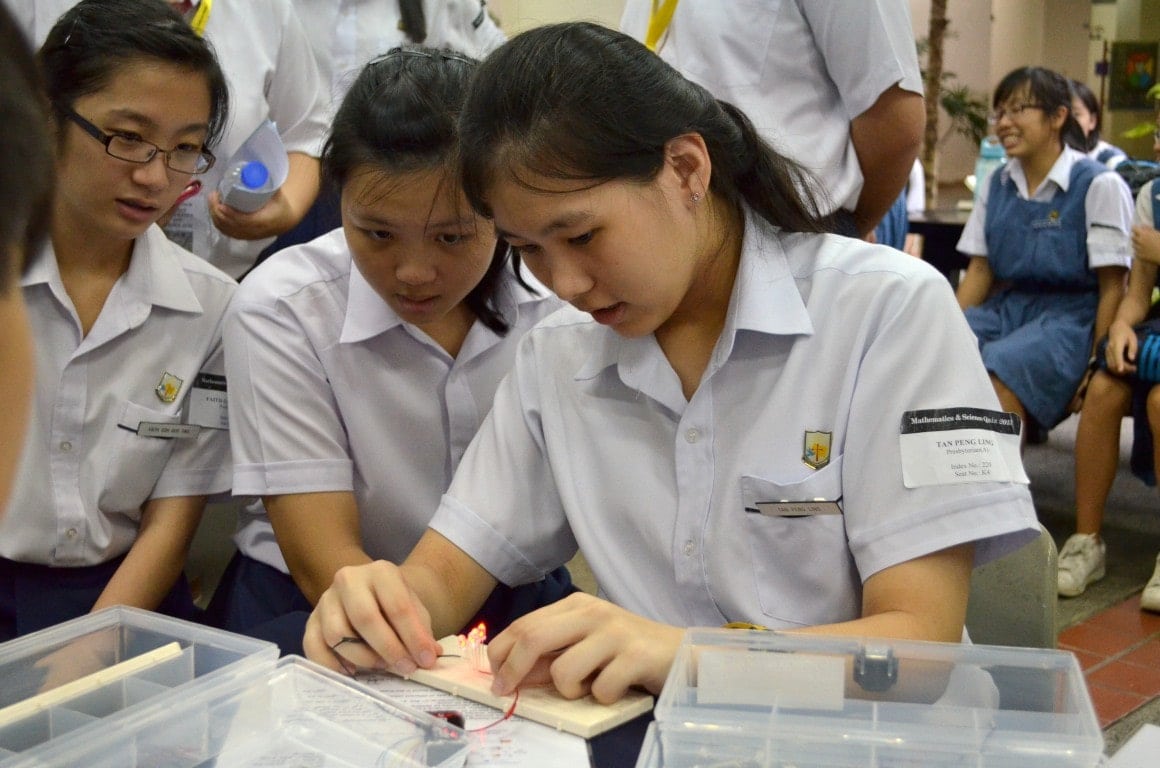
If your child is opting for the fastest way to university, they will enrol themselves in a two-year pre-university course. What you’ll have to be concerned about, then, would be the pre-uni fees (JC school fees).
Pre-uni fees for locals:
The JC school fees for Singapore citizens cost $6/month.
For Singapore PR, this is $400/month in 2019 and $460/month in 2020.
Pre-uni fees for foreigners:
International students from ASEAN countries will be charged pre-uni fees of $980/month in 2019 and $1,040/month in 2020. For international students from non-ASEAN countries, it is $1,600/month in 2019 and $1,750 in 2020.
This is summarised in the table below:
| Status | Monthly school fees in 2019 | Monthly school fees in 2020 |
| Singapore citizens | $6 | $6 |
| Singapore PR | $400 | $460 |
| International students (ASEAN) | $980 | $1,040 |
| International students (non-ASEAN) | $1,600 | $1,750 |
There would also be miscellaneous fees of up to $33/month for Singapore citizens and $27/month for all others.
Independent pre-uni fees:
Independent JCs in Singapore charge different pre-uni fees. Some of these schools offer the Integrated Programme (IP) or the IB Diploma Programme (IBDP), so do look into the relevant pre-uni fees for your child.
These are the independent JCs in Singapore:
- Anglo-Chinese School (Independent)
- Hwa Chong Institution
- Raffles Institution
- Joseph’s Institution
Below, you’ll find the JC-level fee structure for the four aforementioned JCs:
| Status | Hwa Chong Institution | Raffles Institution | ACS (Independent) IP/IBDP | St. Joseph’s Institution IP |
| Singapore citizen | $350/month | $300/month | $450/month | $300/month |
| Singapore PR | $750/month | $695/month | $950/month | $570/month |
| International students (ASEAN) | $1,340/month | $1,515/month | $2,100/month | $1,200/month |
| International students (non-ASEAN) | $1,950/month | $2,100/month | $2,400/month | $1,500/month |
Singapore polytechnic fees
Singaporeans, you’ve been privileged to have very, very cheap school fees in Singapore’s primary and secondary schools. In fact, the Singapore education cost so far is peanuts for the high-quality education that your child will receive.
If getting a diploma is the next step after secondary school, the Singapore polytechnic fees present a significant rise in your child’s education cost.
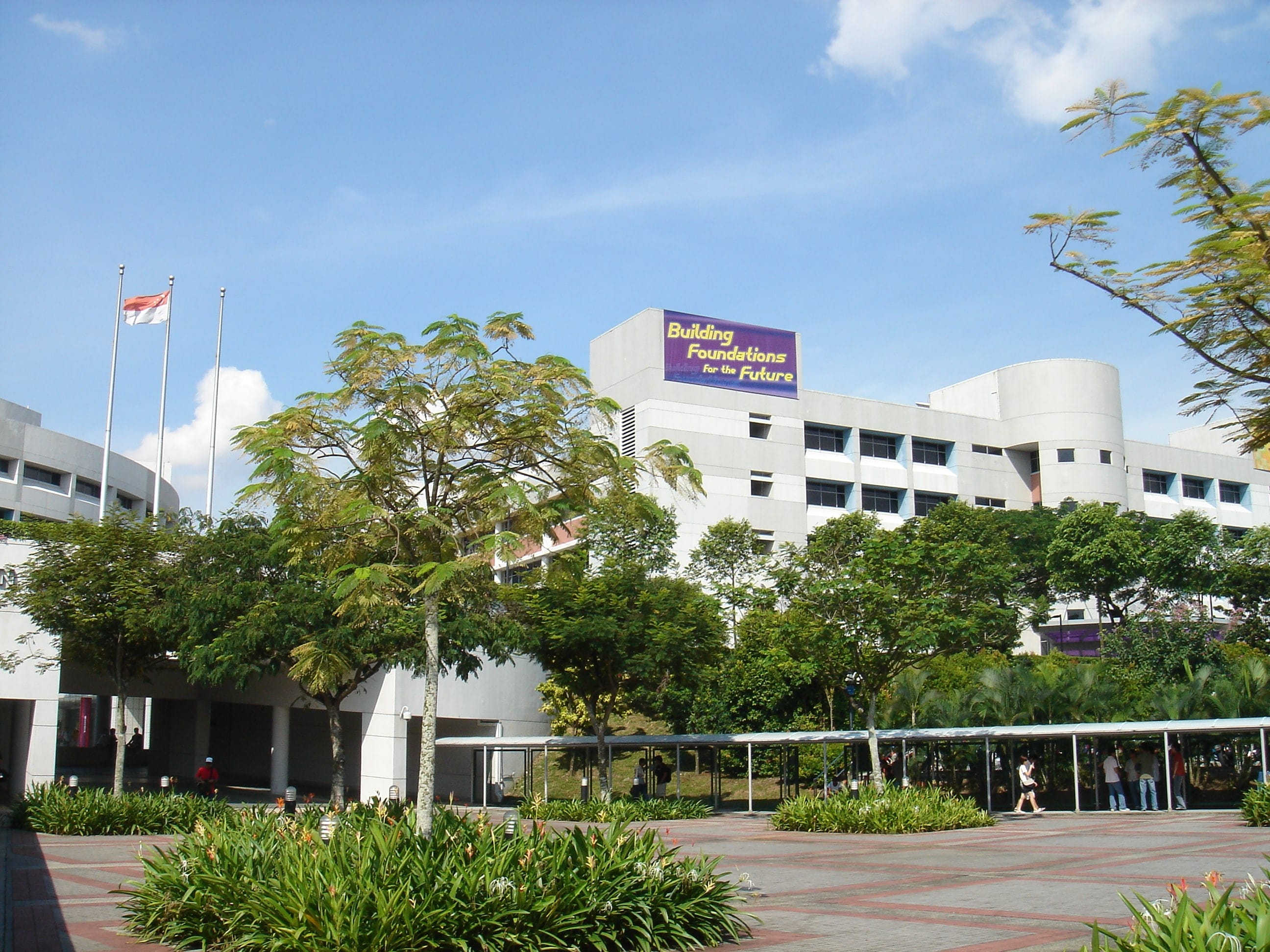
All five polytechnics in the country have standard Singapore polytechnic fees across all courses. The government provides tuition grant – and not only for Singapore citizens. Singapore PRs and foreigners are eligible for this grant but those who accept it are bonded to work in Singapore for three years upon graduation.
These are the Singapore polytechnic fees per year, after the tuition grant:
- Singapore citizen: $2,900
- Singapore PR: $5,800
- International students: $10,400
Therefore, Singapore citizens taking up a polytechnic diploma will need to fork out $8,700 in the course of three years. On top of this, there could be supplementary fees charged by the polytechnic to cover costs for insurance, facilities, examinations and such.
Singapore ITE school fees
What about the Institute of Technical Education (ITE)? In this post-secondary institution, there are 95 full-time courses available for students who have completed the GCE ‘O’ or GCE ‘N’ levels. The Nitec course and Higher Nitec courses could take two or three years.
Here’s a breakdown of the ITE school fees:
| Status | Nitec course | Higher Nitec course |
| Singapore citizen | $426/year | $626/year |
| Singapore PR | $5,328/year | $7,838year |
| International students | $14,370/year | $20,480/year |
Singapore university fees
A coveted degree is not cheap, why is why I’d highly recommend parents to start a savings fund for their child’s Singapore university fees as soon as they can! Trust me, it’s never too early for this.
Public university fees
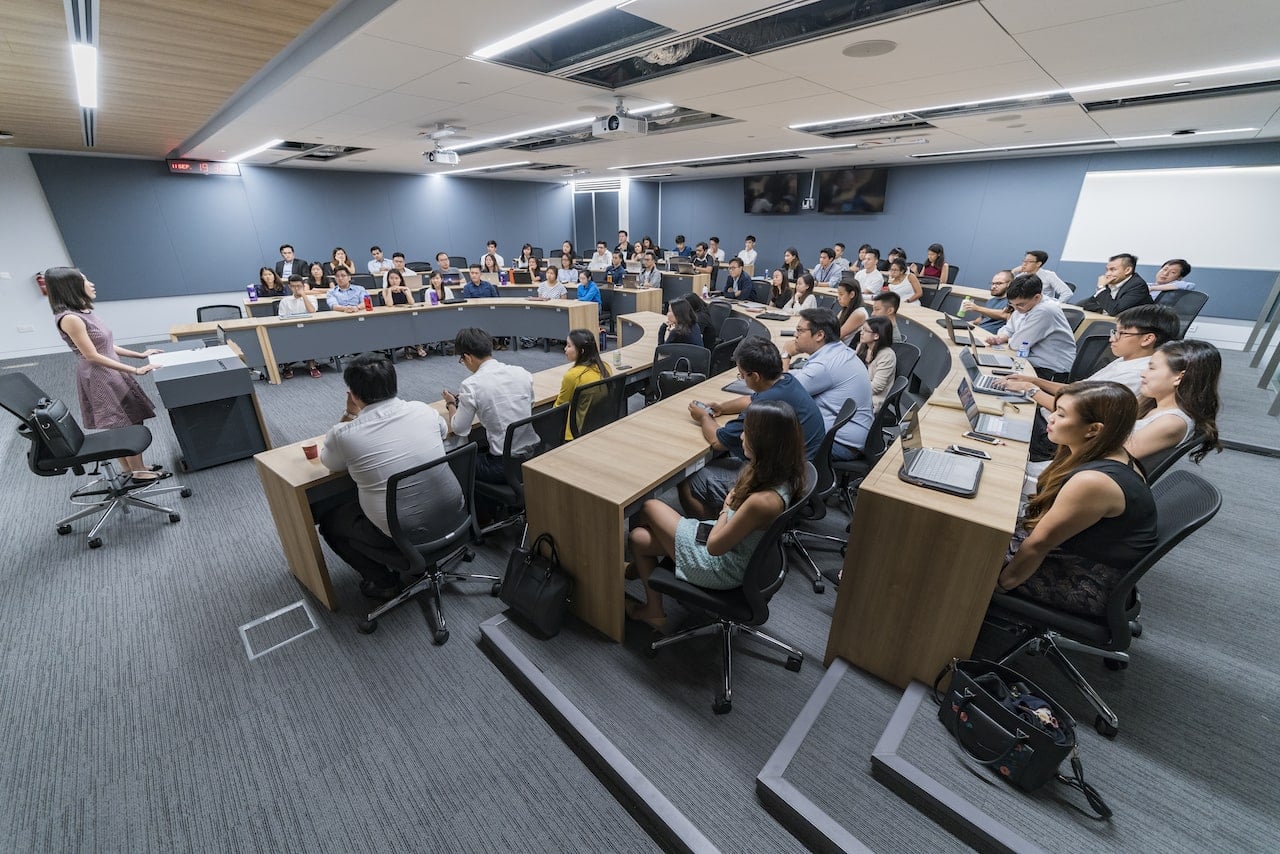
Most Singaporeans would aim for one of Singapore’s top universities. This is understandable, as degrees awarded by these public universities are easily recognised by employers in Singapore.
On top of that, all Singaporeans would automatically qualify for the MOE Tuition Grant.
Below, you’ll find the average Singapore university fees of a three-year course in the six public universities in Singapore, after the MOE Tuition Grant:
- Average NUS fees: $27,000
- Average NTU fees: $27,000
- Average SMU fees: $34,000
- Average SUTD fees: $38,500
- Average SIT fees: $26,000
- Average SUSS fees: $31,500
Singapore PRs and international students are subjected to higher Singapore university fees, even after receiving the tuition grant. Below, you’ll find the average course fees for this group:
| Status | NUS | NTU | SMU |
| Singapore PR | $11,500/year | $11,500/year | $16,000/year |
| International student | $17,500/year | $17,500/year | $24,500/year |
| Non-subsidised students | $30,000/year | $32,000/year | $44,000/year |
Note that all the fees quoted above are simply a gauge. There are many exceptions to these fees; for example, courses like law, dentistry and medicine cost significantly higher than the courses in social sciences.
Singapore private school fees
So far, I’ve mostly covered the fees for public schools in Singapore. However, across all levels of education, there’s always the option of private schools.
Private schools for children
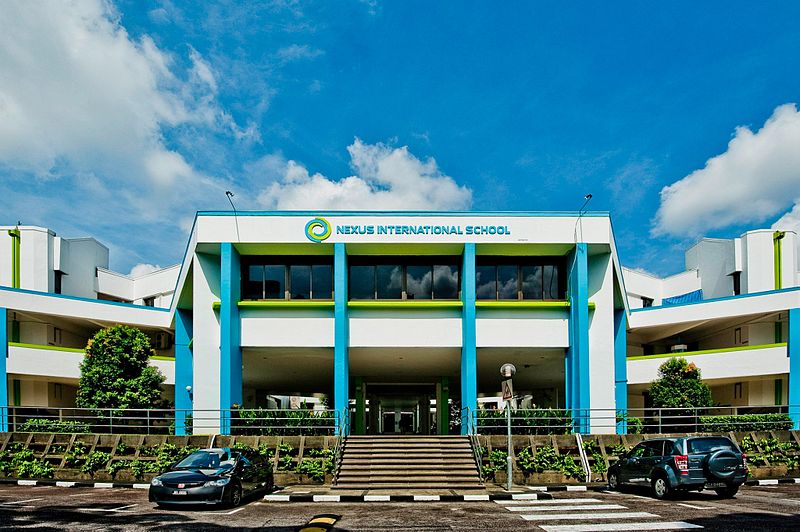
For Singaporeans, private schools typically only come to mind when talking about getting a diploma or a degree. For foreign students, however, private schools are a popular choice in the early years of education, especially as a first step towards entering a mainstream school through the Admissions Exercise for International Students (AEIS). In fact, these private schools are meant to direct students to government schools. An example is Zhicheng Private School which runs an 18-month GCE ‘O’ Levels preparatory course for $22,470.
Now, some of these private schools are also international schools. The most in-demand international schools in Singapore would include Nexus International School Singapore and One World International School.
As compared to private schools mentioned earlier, international schools are not geared towards a Singapore-centric education. Instead, they are typically based on one of these three systems:
- The AP (Advanced Placement) system
- The IB (International Baccalaureate) system
- The English national system
Singapore international school fees are not cheap. According to a study published by Edarabia, the most expensive international school in Singapore is UWCSEA (East Campus), which can run up to $47,000 a year, while the most affordable would be DPS International School which costs up to $1,600 a month.
Private schools for adults
Private institutions like PSB Academy, MDIS and Kaplan Singapore are options for Singaporeans and foreigners keen on obtaining a diploma, degree, or other certifications. The course fees vary greatly depending on the course.
Generally, fees in these institutions tend to be more expensive than public polytechnics and universities in part because students are not eligible for the tuition grant. Getting a degree can cost anywhere from $15,000 to $40,000 and upward.
Cost of tuition in Singapore
Another cost that parents should definitely factor in is tuition. There’s a high possibility that your child will need tuition along his/her educational journey, be it for one subject at a particular level or for multiple subjects throughout a few years.
The cost varies depending on your child’s school level, whether a major exam is approaching, the experience of the tutor and so on.
Another factor would be whether it’s a group or private tuition. Private tuition generally has the upper hand over group tuition for its flexibility and customised tutoring, even though it may cost slightly more.
You can find detailed information on the comparison of home tuition rates vs. group tuition rates in this article. As a quick summary, home tuition costs upwards of $20/hour for primary school students, $25/hour for secondary school students and $50/hour for JC students.
Financial assistance to offset the Singapore education cost
If all the talk about school fees in Singapore (i.e. money) has caused stress to creep up on you, please take a deep breath. There are plenty of financial assistance schemes, bursaries and scholarships available out there (especially for Singaporean) to help with the Singapore education cost. This extends from nursery fees all the way to Singapore university fees.
All you need to do is to find these resources and use them to your child’s advantage.
